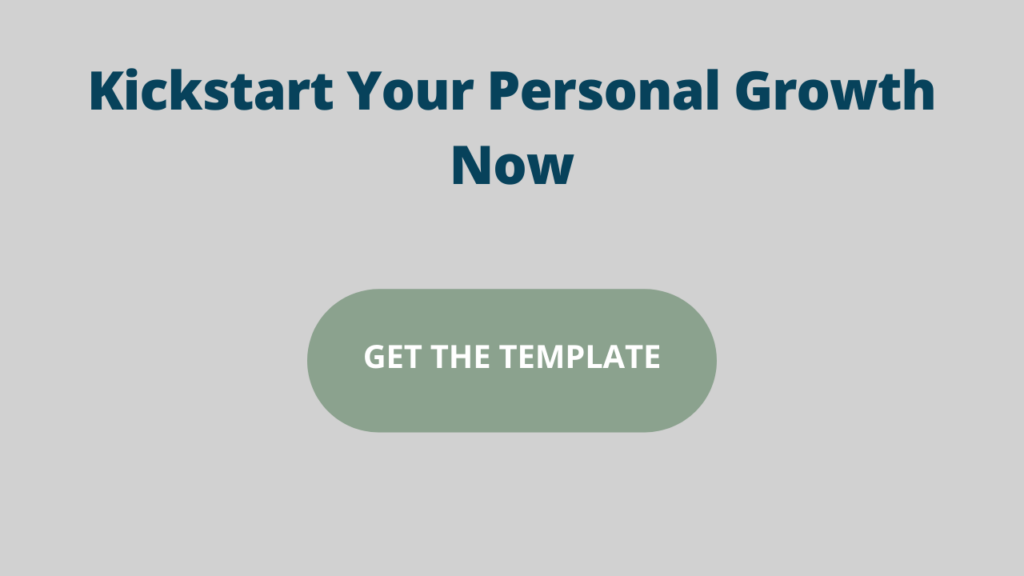There are a lot of things I’d like to do.
It’s kind of an inevitable side effect of reading a lot of articles and books on productivity and personal growth. So much advice. So little time to experiment.
And experimentation is crucial. While some advice actually falls into true-for-pretty-much-anyone (like the fact that you need 7-8 hours of sleep at night, not 6), it’s different for the majority of topics.
Productivity & Personal Growth isn’t a one-size-fits-all area. There’s no cookie cutter solution that will magically transform you if only you’d find it. It’s a very personal quest to find the strategies and frameworks that make sense to you right now and help you take the next step.
(and they might not be with you forever. What brought you here, might not bring you there)
It’s a constant process of trial and error, iteration upon iteration.
The problem?
It requires you to do the thing.
Regardless of whether it’s the pomodoro technique to improve your focus, noticing common procrastination strategies or learning GTD – it’s only by actively implementing it in your day-to-day that you can be sure to know whether it’s for you.
But we all know: insight is one thing. Taking action a whole different one.
So over the next few weeks, let’s take a look at three strategies that can help you go from insight to finally start doing the things you want.
(and yes, you could use them for non-productivity-related stuff too)
(this is one article of a three part series on how to start doing the things you want to do)
- Part 1: Don’t let afternoon-self get the better of you
- Part 2: Read this if you ever thought: “It’s just not who I am”
- Part 3: What Karl Lagerfeld got wrong about habits (coming soon)
Don’t let afternoon-self get the better of you
We like to think of ourselves as pretty constant beings. We are who we are 24/7, right?
Not quite actually. Besides varying energy levels and different states of wakefulness throughout the day, we change quite a bit when it comes to the balance between our rational and impulsive self.
A fair bit of our behaviour comes down to the duel between the limic system and the prefrontal cortex of our brain.
The limbic system controls a lot of our behavioural and emotional reactions like our fight or flight response. The kind of automated behaviour that happens without you really thinking about it.
The prefrontal cortex on the other hand is responsible for more conscious decisions like planning and rational decision making.
Unfortunately, the limbic system is quite dominant and it’s very much focused on feeling good now rather than feeling better later.
We have to use some of our cognitive resources every time our rational self overrules this rather hedonic-leaning part of the brain. And those resources are limited.
But it’s not just this pull-and-tug between rewards now and rewards later: every decision we make costs mental energy. And the more decisions we make, the worse they tend to become.
So much so, that we can actually measure the impact. Chess players are more keen to make a mistake the later in the day the game is played. And this holds true regardless of whether their circadian rhythm would identify them as a morning or evening person.
Now, if you’re the president of the United States, you can follow Obama’s example and outsource every unnecessary decision (like what to wear or what to eat). Or you can try to implement some sort of baseline decision making.
But the easiest way to make sure that your prefrontal cortex wins against the limbic system is to make the decision early in the day when you’ve still got plenty of cognitive resources available.
Here’s how it works
- Set aside a regular window of thinking time early in your day. No need to block of several hours – 25 minutes (one pomodoro) done regularly will already have a huge impact.
- Keep a list handy to note down important decisions throughout the day. Granted, some decisions have to be made in the moment, but many can wait until your mind is fresh again.
- Start paying attention to your decision process. Are there any typical patterns present whenever you make a decision that you’re regretting later? If so, can you work to eliminate or reduce these conditions?
Here’s why it works
- Early in the morning, your mind is still in a calmer state than after a day of being bombarded with information.
- As you make decisions throughout the day, you are using up your cognitive resources, risking the onset of decision fatigue.
Looking for more ways to turn insight into action? Here’s a Notion Template that’s specifically designed to help you make the most out of your reading time.


